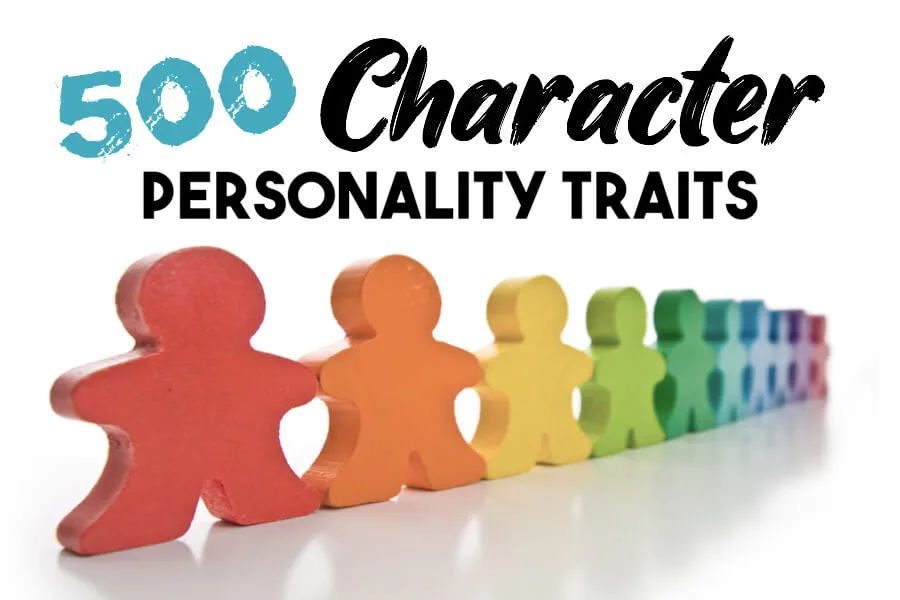
Character:3xkhex7tya4= Personality Traits
The intricate relationship between character and Character:3xkhex7tya4= Personality Traits warrants a closer examination, particularly in how these elements influence our interactions and decision-making processes. Character serves as a foundational aspect that can either reinforce or undermine traits such as openness, conscientiousness, and emotional intelligence. By exploring this dynamic, we can uncover the profound implications for personal relationships and workplace environments. What remains to be understood is how these traits manifest in various contexts and their potential to shape not only individual experiences but also broader societal outcomes.
Understanding Personality Traits
Understanding Character:3xkhex7tya4= Personality Traits is fundamental to appreciating the complexities of human behavior and individuality. The debate of nature vs. nurture plays a pivotal role in shaping these traits, with trait theory offering a framework for analysis.
Read more: Building:_Y8n1wf_Thg= Warehouse
The Role of Character
Character consistently plays a crucial role in shaping an individual’s personality and guiding behavior across various contexts.
Through character development, individuals cultivate moral integrity, which serves as a foundational element in ethical decision-making.
This inner framework not only influences personal choices but also impacts relationships and societal interactions, emphasizing the importance of nurturing character for a fulfilling and principled life.
Types of Personality Traits
Classifying personality traits provides valuable insights into human behavior and interaction.
Trait theory identifies various categories of traits, such as openness, conscientiousness, extraversion, agreeableness, and neuroticism.
Personality assessments utilize these frameworks to evaluate individual differences, offering a structured approach to understanding diverse personalities.
This classification fosters greater self-awareness and appreciation for the unique traits that characterize each individual, promoting personal freedom in expression.

Impact on Relationships and Work
The interplay of personality traits significantly influences both personal relationships and workplace dynamics.
Emotional intelligence plays a crucial role in fostering understanding and empathy, enhancing communication styles among individuals. In relationships, high emotional intelligence can lead to stronger connections, while in the workplace, it aids collaboration and conflict resolution.
Recognizing diverse traits allows for an environment that values freedom and promotes healthy interactions.
Read more: Building:0aqrnylgq6c= Companies
Conclusion
In conclusion, the intricate Character:3xkhex7tya4= Personality Traits between character and personality traits unveils a comically profound truth: individuals often navigate life’s complexities with the same finesse as a cat attempting to swim. Character, the oft-overlooked backbone of ethical decision-making, underscores the absurdity of relying solely on personality traits. As society continues to grapple with the nuances of human behavior, the need for robust character development becomes not just a suggestion but a societal imperative—preferably one that doesn’t require a life preserver.




